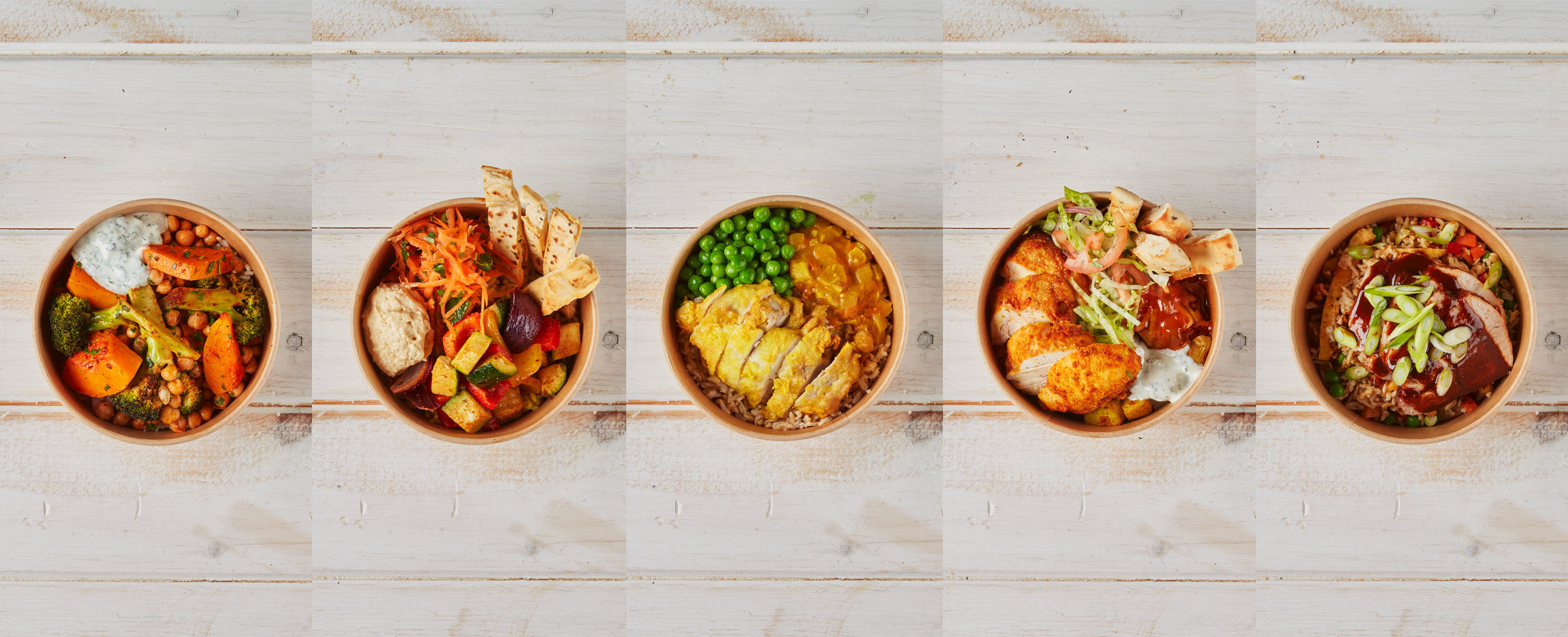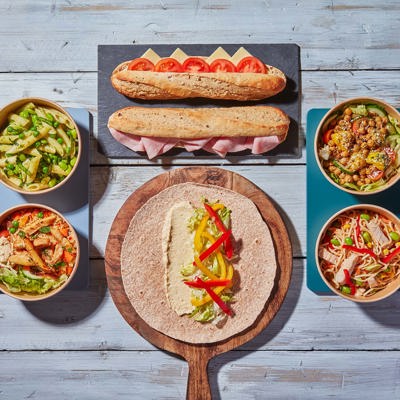Using challenges to inspire change
Every school meal is an opportunity to build healthy habits and protect the environment. Discover why it matters to educate children about food waste and how we can get them to enjoy what’s on the school dinner menu.
Too fast to finish
Meals for schools should be a source of nutrition and excitement. But our latest report shows that about a quarter of school food goes to waste. There are plenty of reasons why this happens. For many schools in the state sector, lunchtimes move fast: sometimes faster than children can eat. And with less than an hour for staff to feed as many as a thousand students, catering to the masses can take priority over encouraging young individuals to try new flavours and textures. Unfortunately, this often leads to high levels of plate waste. In fact, uneaten school meals account for 70% of school waste. We believe tackling this will help us build a more sustainable future and help children to get the nutrition they need from the school dinner menu.
Longer lunches, cleaner plates
From what we’ve seen in schools, one major cause for meals going to waste on a daily basis is a simple lack of time. Pupils who feel rushed are more likely to leave a lot of food on their plates. So, making small changes to the lunchtime routine is a little tweak that can have a big impact. In primary schools, it’s helpful when staff are present when children are eating school meals, supporting them and talking to them while they try new things on the menu. In secondary schools, even a brief extension to lunch can make students feel more at ease and more likely to finish their food.

The food familiarity gap
Time isn’t the only reason for many school meals going to waste. A key part of the challenge is that pupils sometimes don’t know or like the food on the school dinner menu, especially vegetables. Our research with over 2,000 pupils showed that only 38% of children eat the recommended five portions of fruit and vegetables daily. The national average for teenagers is even lower. Many pupils told us they rarely try new foods at home, so new ingredients at school can be off-putting.
From cautious to confident
To help young people to embrace the ingredients in their school meals, it’s important to address how they feel about what’s on the menu. That’s why we created Beyond the Chartwells Kitchen, our education programme with workshops that cover essential topics like nutrition, cooking, health, and sustainability. It also includes tasting sessions, where children can try new vegetables in a calm and friendly setting, helping them feel more comfortable when they see them on the school dinner menu.
Show, don’t tell
It’s also vital to think not just about what we’re telling young people, but how we engage with them. Children can find it hard to relate to statistics, and highlighting the negative side of food waste in meals for schools can make communication less effective. Rather than pointing out what gets wasted on the school dinner menu, it’s more useful to show children how their actions can help, like how many pupils could have been fed from their unfinished meals. Other helpful tools for reducing food waste include using friendly characters in imagery, like a cheerful carrot or a sad sprout, to bring the message to life.
Building better habits
Learning is the first step, but it’s just as important for pupils to feel like they’re part of the change. We love helping schools create inspiring challenges in a format that works for them. Whether it’s saving enough food for a class or a sports team, the goal is to show young people that what they do matters. And when pupils hit their target, we celebrate their efforts with a small reward, like a chosen treat or house points. These moments help pupils to understand that simply by eating what’s on the school dinner menu, they can make a huge difference.
One meal at a time
By making small, thoughtful changes from the dining hall to the classroom, we can help pupils enjoy more of their school meals and send less food to waste. Together, we can create healthier habits and build a more sustainable future.
Read the full plate waste report from Chartwells here.


